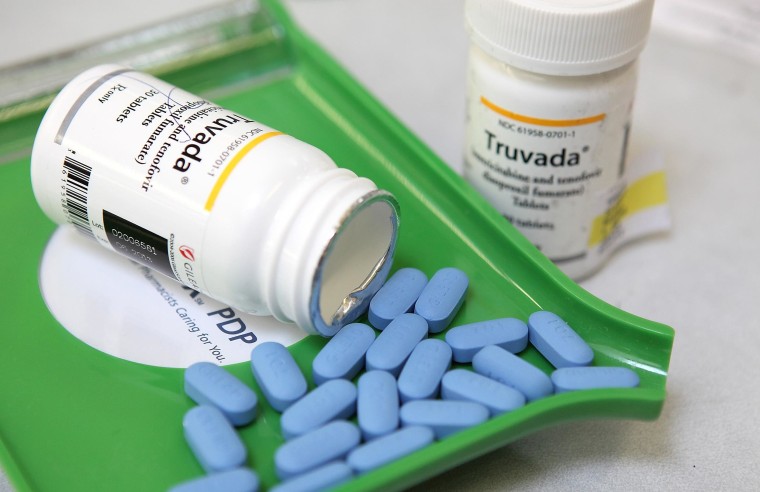U.S. health officials recommended Wednesday that people at high risk for HIV infection be given daily pills to help prevent it.
The new guidelines, issued by the Centers for Disease Control and Prevention, urge health care providers to consider pre-exposure prophylaxis, or PrEP, which provides daily antiretroviral drugs to those at risk of infection.
“HIV infection is preventable, yet every year we see some 50,000 new HIV infections in the United States,” CDC Director Dr. Tom Frieden said. “PrEP, used along with other prevention strategies, has the potential to help at-risk individuals protect themselves and reduce new HIV infections in the U.S.”
The recommendation follows a 2010 study that found that Truvada, Gilead Science’s pill already used to treat HIV — human immunodeficiency virus — was more than 90 percent effective at preventing HIV infections among those who took the drugs.
In 2012, the federal Food and Drug Administration approved the daily drug combination of 300 milligrams of tenofovir disoproxil fumarate and 200 milligrams of emtricitabine for prevention treatment.
The strategy should be recommended to certain people at substantial risk for infection, the CDC said, including people in an ongoing sexual relationship with someone with HIV and those who don’t use condoms and have sex with people at risk for HIV, including injection drug users.
The guidelines offer the first comprehensive instructions from CDC for PrEP. Users should have an HIV test before they start treatment to make sure they’re not already infected, the guidelines say.
About 1.2 million people in the U.S. live with HIV and about 50,000 new infections are diagnosed each year, the CDC says.
